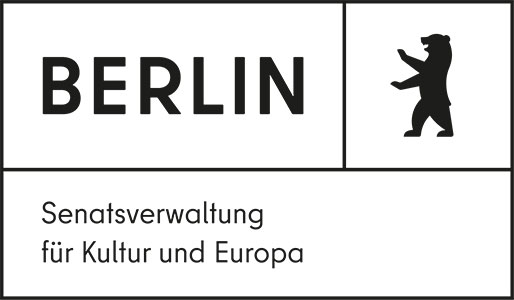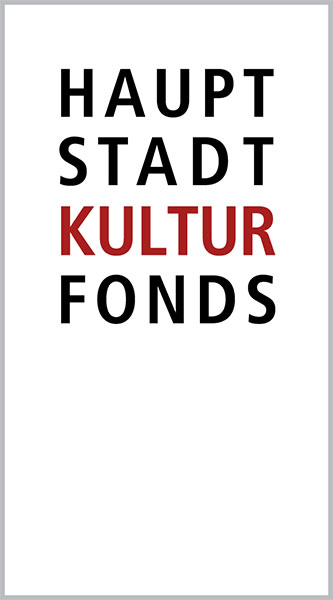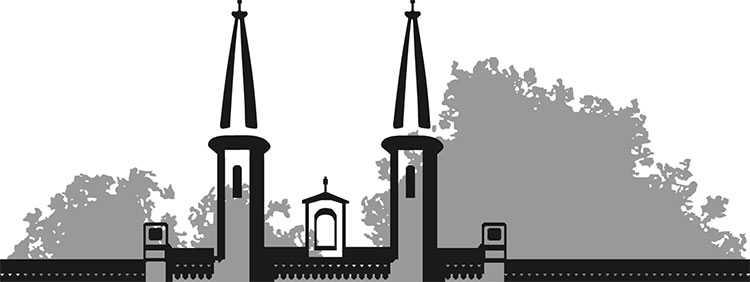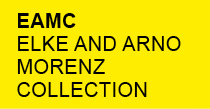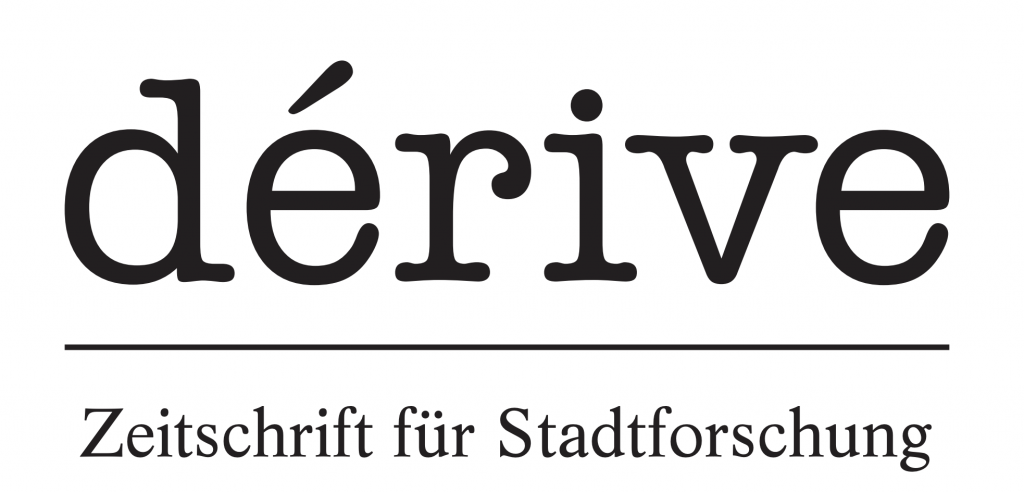Drift! Psychogeography Festival Berlin-Kyiv 2023
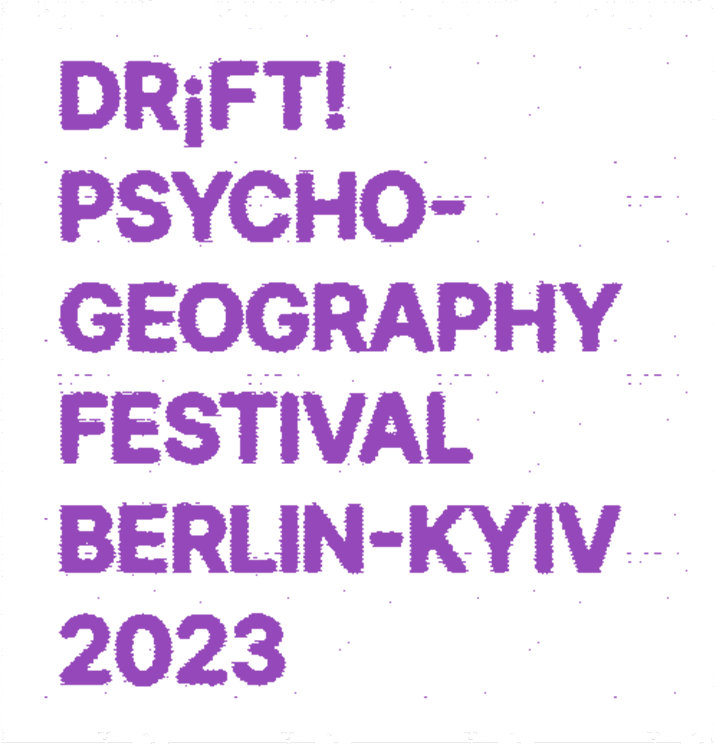
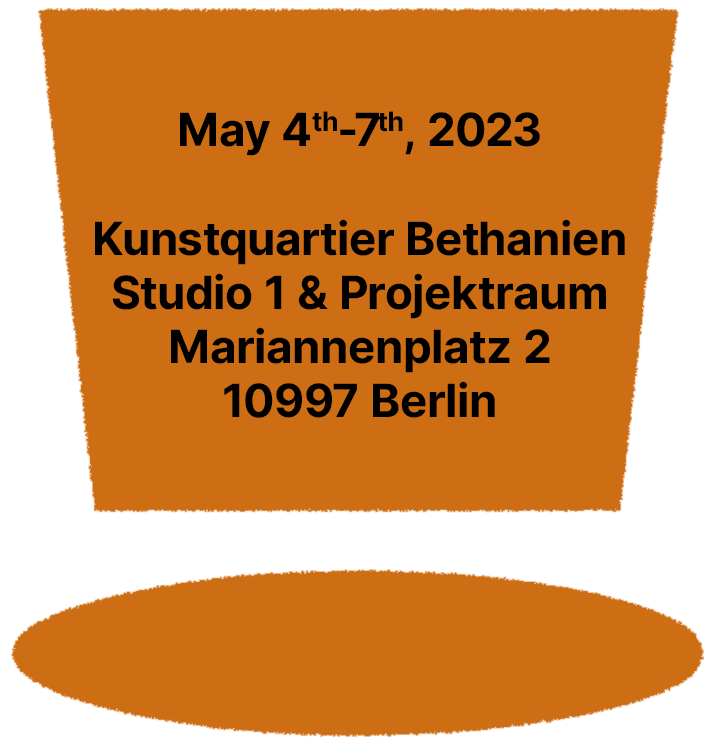
Dr¡ft! festival revisits psychogeography in the context of contemporary urban thought. In the 2023 edition, which takes place at Kunstquartier Bethanien, we focus on the psychogeographic interrelations of Kyiv and Berlin.
Urban walks, lectures, discussions, screenings, and musical performances. Program→→→
Participants
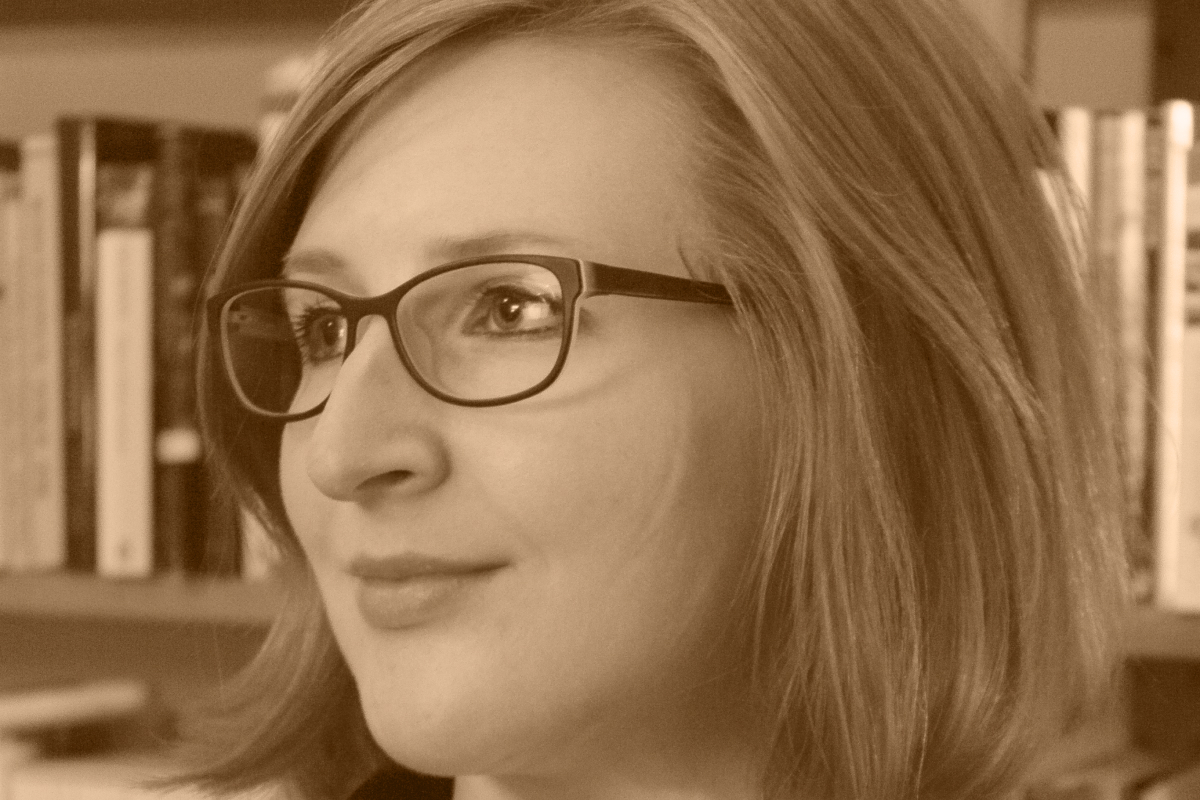
Anneke Lubkowitz is a literaty expert and author. In 2018 she published her essay “Falling through the map” with SuKuLTuR and in 2020 the anthology “Psychogeography” with Matthes & Seitz.
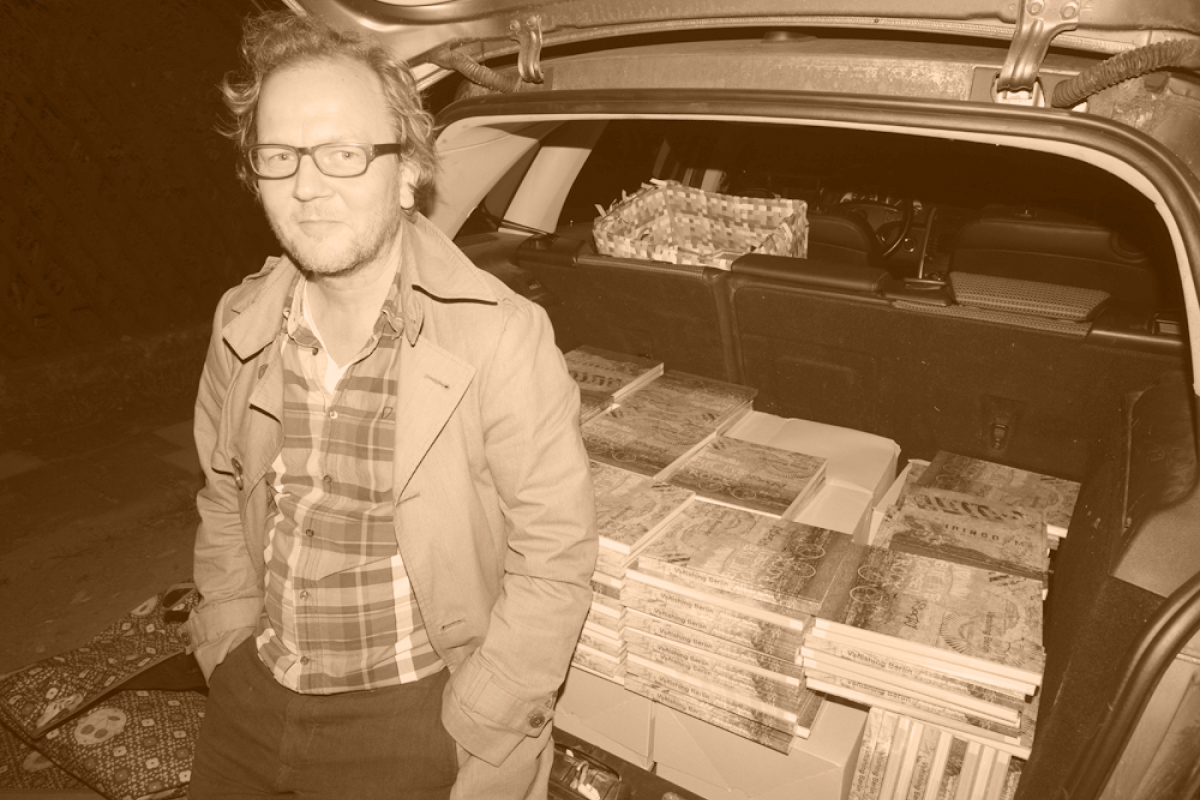
Alexander Steffen is a founder of Vanishing Berlin project, in which he takes photographs of transient landmarks of Berlin, documenting the process of change within the urban environment.
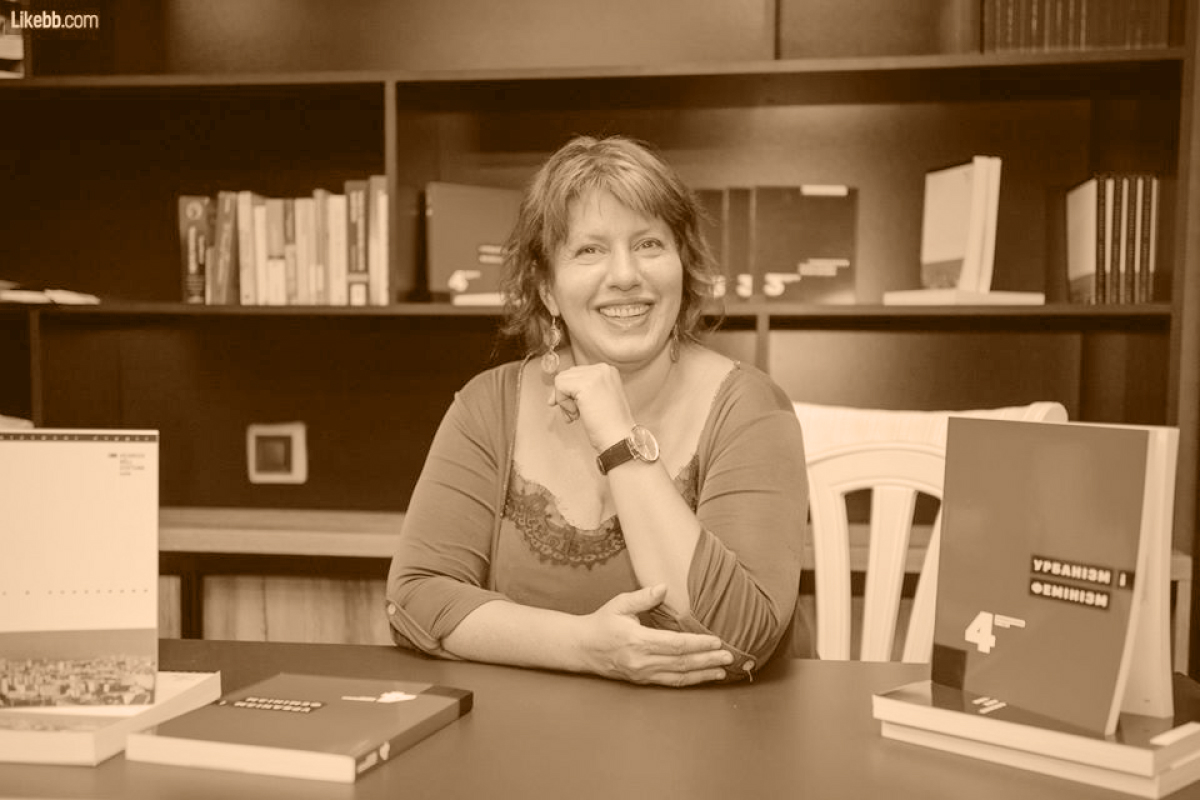
Svitlana Shlipchenko is a director of Center for Urban Studies, a senior research fellow in the Institute for Philosophy, National Academy of Sciences of Ukraine.
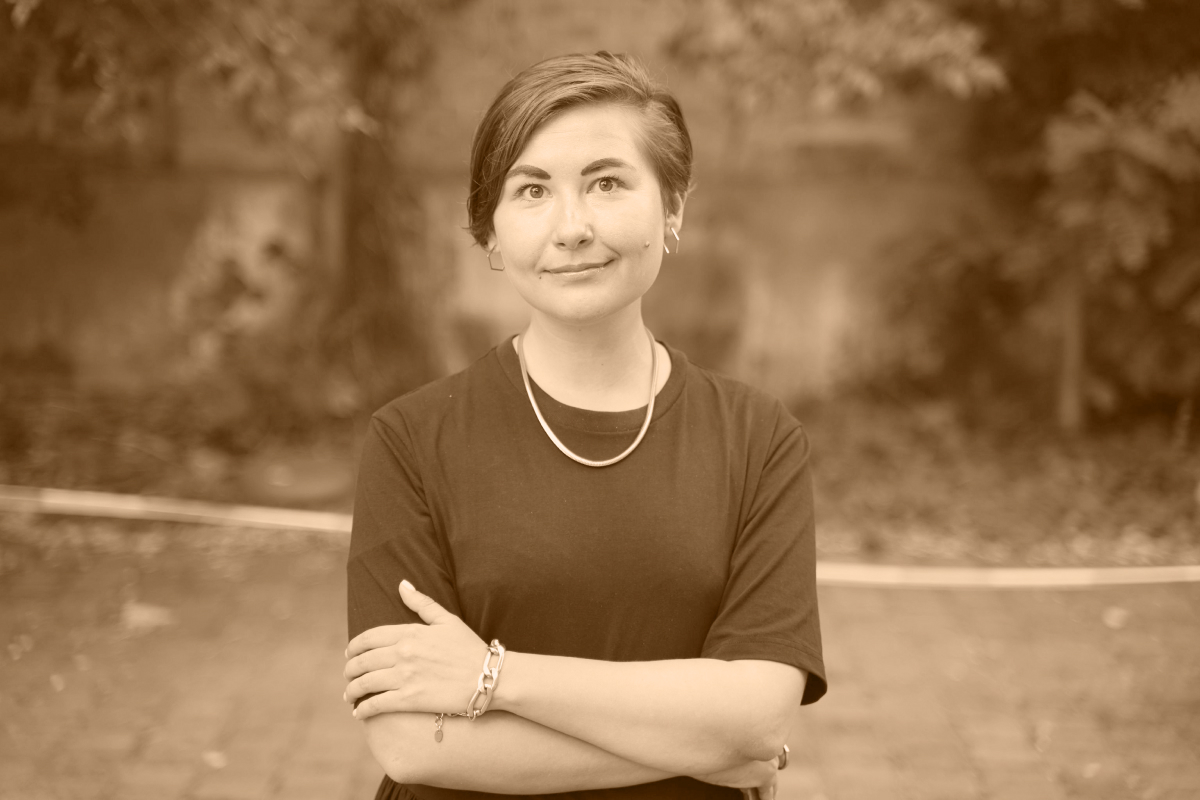
Valeria Lazarenko is a PhD in Psychology, postdoctoral researcher at Georg-Simmel Zenter for Metropolitan Studies.
What is psychogeography
An invention of the 20th-century Parisian avant-garde community, psychogeography, “the study of the specific effects of the geographical environment on the emotions and behavior of individuals,” has never been as compelling as it is now.
Our century has not seen its end. Quite the opposite – we are trapped in a constantly changing urban scene, mediated by advanced capitalism; we face the erasure of the neighborhood identities by gentrification; we witness how cultural industries invade our streets. “Society of the spectacle” is still a vibrant concept. New perspectives were animated by the pandemic times that materialized “invisible borders.”
The Russian invasion of Ukraine, a drastic attempt to deprive Ukrainian people of both material and cultural space, is another reason to contemplate modern geographies of minds and bodies.
Dérive, situation, détournement, urban walks, marginal/ nonconformist city experiences, and any other practices, emerged worldwide from the dead ends of cultural neglect through direct interaction with the ambiance. Brought under modern conditions, psychogeographic activities resuscitate the experience of “being somewhere,” driving a consistent poetic gesture of dissolution in the urban landscape. By their virtue, we escape the determinacy of city narratives which are inscribed into social stratification and patterns of everyday behavior through potentially salvatory gaps in the urban texture and points of indirect access.
To find out more about DR¡FT! festival visit About page and subscribe to our social media to receive updates and more information about contemporary psychogeography.

